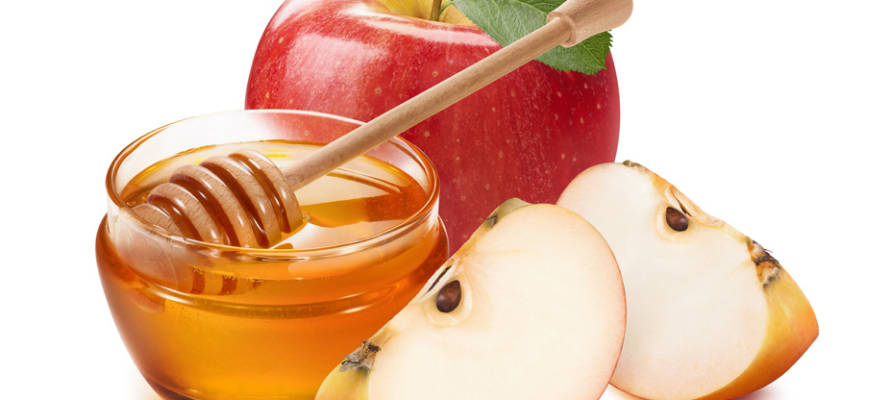The Jewish people are about to celebrate the holiday of Rosh Hashana – the Jewish New Year and a time for soul-searching and repentance. The entire United with Israel staff wishes all of you a happy, healthy, sweet New Year!
By Rabbi Ari Enkin
Rabbinic Director, United with Israel
According to Jewish tradition God completed the creation of the world on Rosh Hashana. Every year on this day God takes inventory, an annual accounting. He sits in judgment over all mankind, reviewing the ‘file’ of every human being.
He examines our past, our present, and our future. He weighs our actions, our behavior, and our relationships. He looks to see what direction we are going in. He evaluates what kind of year we are going to have. A true day of judgment. Our lives are in the scales.
The central feature of Rosh Hashana is the blowing of the shofar, the ram’s horn. We are taught that blowing a ram’s horn on Rosh Hashana will serve in our merit for a good year. This is because the shofar recalls the near sacrifice of Isaac.
In order to test Abraham’s allegiance to God, God commanded him to take his son Isaac and offer him as a sacrifice upon the altar. Of course, Abraham, did as he was told, but seconds before the knife was to touch Isaac’s neck, an angel called out to Abraham commanding him not to do it.
It was only a test. In place of his son, Abraham offered a ram as a sacrifice to God instead.
We are told that this all happened on Mt. Moriah – the Temple Mount in Jerusalem. It took place on the first day of the Hebrew month of Tishrei – the future date of Rosh Hashana. Therefore, by blowing the shofar (ram’s horn) on Rosh Hashana, God is reminded of the allegiance that our forefather Abraham displayed, and in that merit, God will seal us for a year of blessing.
The Rosh Hashana menu includes a large number of symbolic foods all representing our prayers for a sweet new year full of blessings. A short prayer is recited immediately before or immediately after partaking of these foods.
The most prominent of these symbolic foods is the apple dipped in honey. Honey-based desserts are also popular on Rosh Hashana, again, symbolizing our wishes for a sweet year! The traditional challah bread that is eaten at Sabbath and Holiday meals is made round for Rosh Hashana, symbolizing the cycle of life and the cycle of the year.
In the spirit of Rosh Hashana, I want to wish each and every one of you, the United with Israel family, a Shana Tova – a happy and healthy New Year filled with God’s blessing and goodness.
Rabbi Ari Enkin and the entire United with Israel Family

Send Passover Packages to Needy Israeli Soldiers - Bring Them Joy!
We are honored to thank the young men and women of the IDF who risk their lives every day to protect the citizens of Israel. Since October 7th, soldiers have been on the battlefield for months - many are hoping to come home for Passover.
Join us in sending Passover food packages (and personal notes) to Israeli soldiers and their families.
Many soldiers spend the Passover holiday with needy families back home. The soldiers greatly appreciate your love and concern. Bring them Passover joy!
CLICK HERE TO SEND YOUR PACKAGE AND NOTE TO ISRAELI SOLDIERS!




